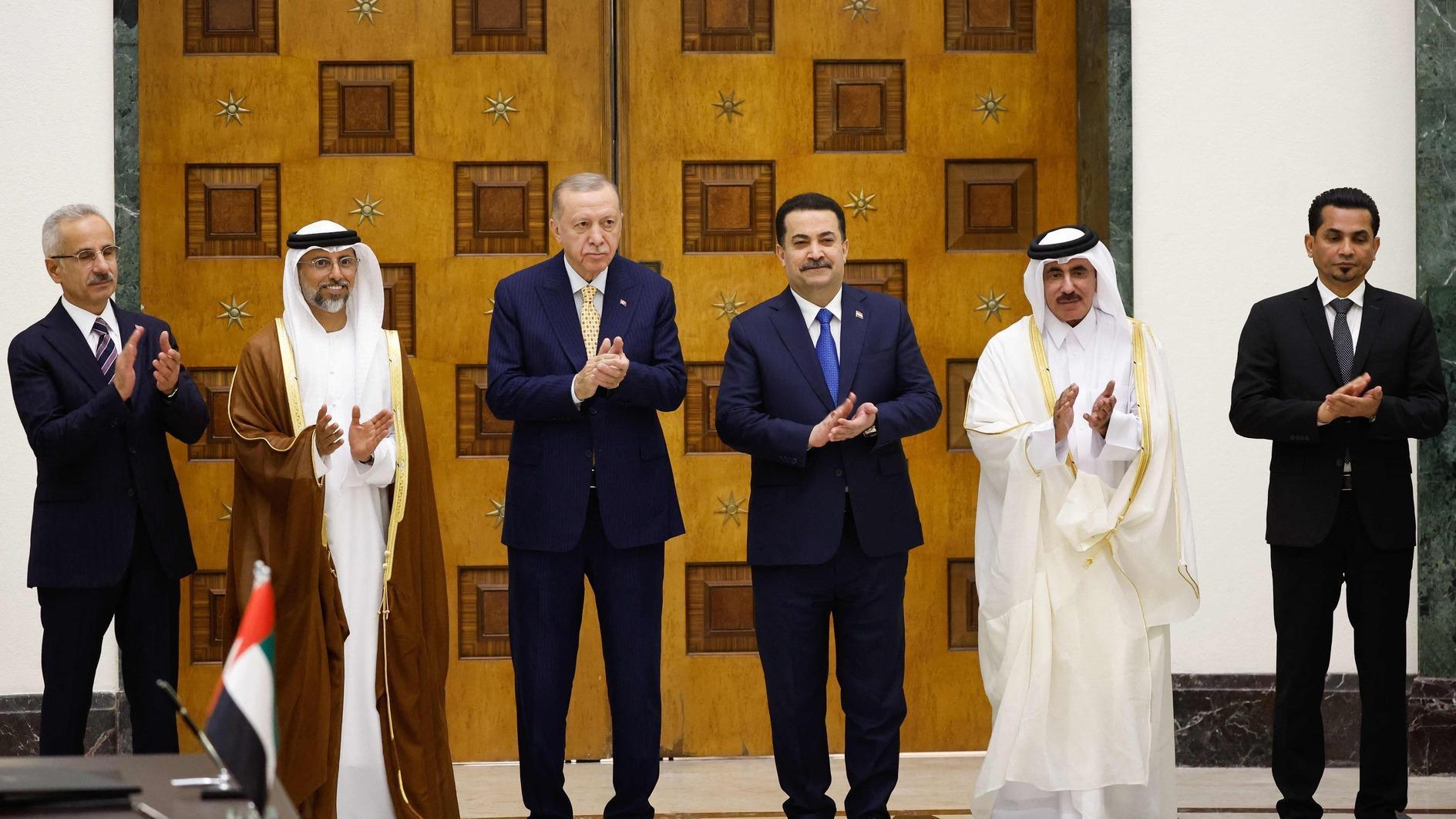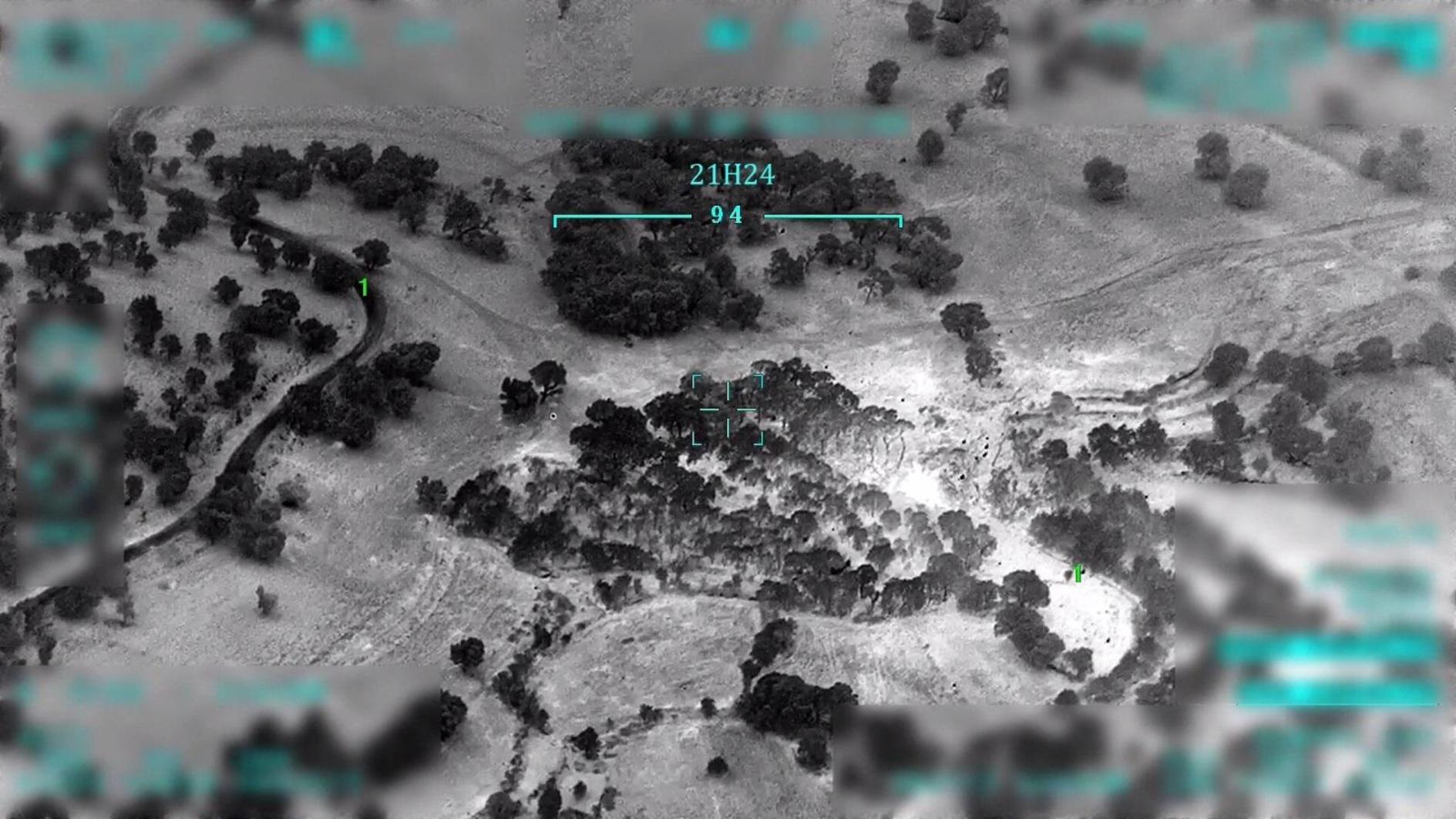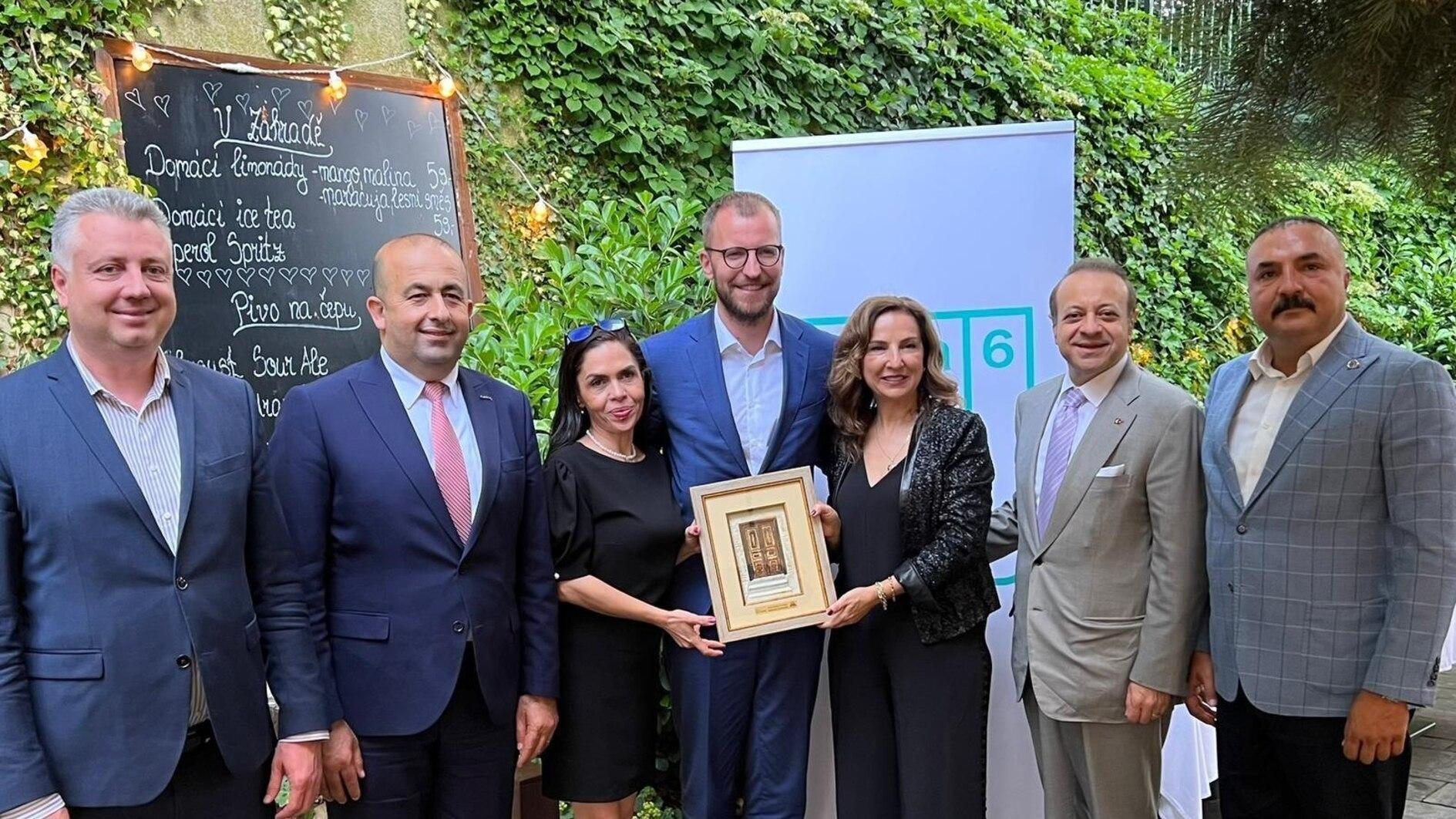Everyone may need justice
Turkey is a sui generis country. Can there be another country where black and white might be so close to or even substitute each other? What appears to be illegal or the number one public enemy today might become totally legitimate and even a glorified asset tomorrow.
A top commander being condemned as a “chieftain of a terrorist gang” and sent behind iron bars cannot be something that might be easily acceptable in Turkey. It was indeed abnormal for the “cashier” or “financier” of the Turkish nationalist “Ergenekon” terrorist gang, a putschist establishment alleged to have aimed to bring down by force the constitutional government of the country, to pass away with no money in his pocket or with his family and laid to rest by a municipality.
Lieut. Col. Ali Tatar committed suicide, leaving behind a note that as an honorable Turkish officer he could not accept to be sent to prison again. He had lost faith in the Turkish judiciary. Türkan Saylan, the chairperson of the Association for the Protection of Contemporary Life, years ago did not utter a word against the early morning ambush of her residence by officious police officers acting on the orders of a prosecutor. She was at a very advanced stage of cancer and unfortunately was on her deathbed when her house was ambushed. She just sent a loud “be silent” sign to people protesting the insolence. Cumhuriyet newspaper’s publisher İlhan Selçuk, whose house was ambushed likewise, had “escaped” imprisonment because of his old age. Such great people lost their lives in the unfortunate ordeal.
Hundreds of people were interrogated, detained, and banished behind bars. Hundreds of senior officers and generals of the Turkish military were expelled from active duty and had to face incredible allegations while a top minister of the time boasted that “Turkey is cleansing itself.”
A prosecutor has given a brilliant explanation of what was experienced during those years. “The Ergenekon trial was a dustbin that FETÖ threw its dirty laundry into and used to disperse all suspicions over itself,” the prosecutor said. What does this mean? A gang created an imaginary gang in order to disperse suspicions looming over it and put the blame of everything on it. Interesting… I would not describe it as such, though all through those years I am afraid many people, including this writer, were stressing that Ergenekon was not a judicial probe but just a thriller.
While the many actual prosecutors of the case were long accused of being members of FETÖ and either arrested or fled the country, the latest prosecutor, in presenting the prosecution’s last official opinion on the case, said there was indeed no such gang.
“It has been found that the leadership, membership and criminal activity could not be established of the organization, as well as its existence,” the prosecutors said of the “armed terrorist organization Ergenekon.” Therefore, if there was “no concrete evidence” that there was ever an Ergenekon terrorist organization, it was obvious that a non-existent terrorist organization can neither have managers, members, or supporters. If there was no gang, no officer, members or supporters, no one, of course, might have committed the crimes for the gang…
There are always two sides to every coin. The state will now pay hefty compensations to those who have suffered because of the fictional Ergenekon. The same end will come for other, equally creative thrillers of the post-2012 Turkey. On the other hand, of course, there have always been putschist groupings in the Turkish military, as well as in the establishment, and in civilian politics. Everyone acquitted in the Ergenekon case so far and those who had accusations against them now might not be innocent at all. Yet, as we were stressing all along, everyone must be given the benefit of the doubt, considered innocent until proven guilty by a court. After all, everyone might need justice one day.











